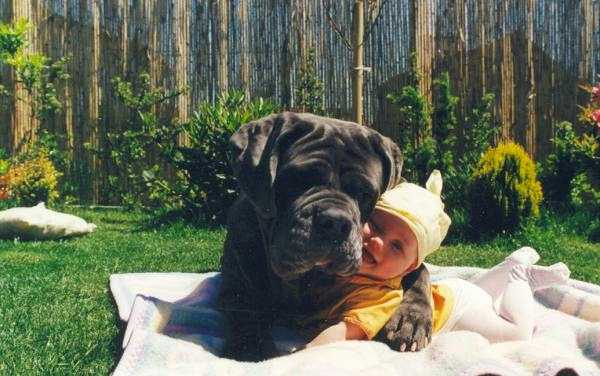Why do dogs chase their tails?
written by : Sally Nassar
The famous American writer Max Eastman once said: Dogs laugh, but they laugh with their tails. And we totally agree with him that nothing can bring a good laugh -even to the most no joke people- like watching a dog going in vicious circles trying to catch their own tails.
But funny as it may seem, this habit triggers a curious question of Why do our feline friends act this way?
Is this an alarm for an underlying health issue?
Why does it happen out of the blue and so obsessively?
We’re going to tackle some of the reasons your dog behaves this way: Boredom: Yes -just like us- dogs do get bored, and having a great amount of energy, they start playing their favorite game of chasing their own tails. This habit you’ll notice more among pups – who haven’t come to the realization that their tails are not a toy, but an actual part of their furry bodies.
As they grow older and wiser, the spins seems to vanish. Attention: Are you not giving much attention to your dog? But you start laughing and positively react to their actions when they start chasing their tails?
Dogs are smart animals -and if this is how they’ll get you to see them- they’ll keep spinning! Something’s wrong: A dog’s skin is a perfect place for so many un welcomed parasites -such as fleas or worms – that cause them a lot of discomfort and itchiness. So if your dog starts to nip at its tail and chew on it, this is the best time to give a call to your vet and start digging deeper in the roots of this issue.
Genetics: Our “domestic wolves’s” natural environment is Out & About, if your dog has been trapped indoors for extended periods -contrary to their natural habitats- certain breeds like German Shepherds and Terriers in specific, will show more commitment to this habit even as they grow older, the reason behind it? Still not very clear.
Compulsion: Sadly, this can be one of the main reasons triggering this behavioral issue, the physical abuse being practiced on your tail wagger, repression, past injury or traumatic events, separation anxiety, etc.. Can be the under lying cause to this issue. ” But my dog is just having fun! ” True, but your alarm should go off and action needs to be taken once your dog starts biting and chewing on its extremity causing them hair loss and – worst case scenario – some bad injuries.
The sum and substance of this matter is: better be safe than sorry -especially with a true life-companion like our canines- and once you have doubts whether this habit is getting out of control or it just doesn’t feel right, our suggestion is to pay a visit to their medical professional and let them decide whether you should leave your dog have all the fun, or start taking a corrective action plan.
Read Also : 15 Most Famous Dogs in History

